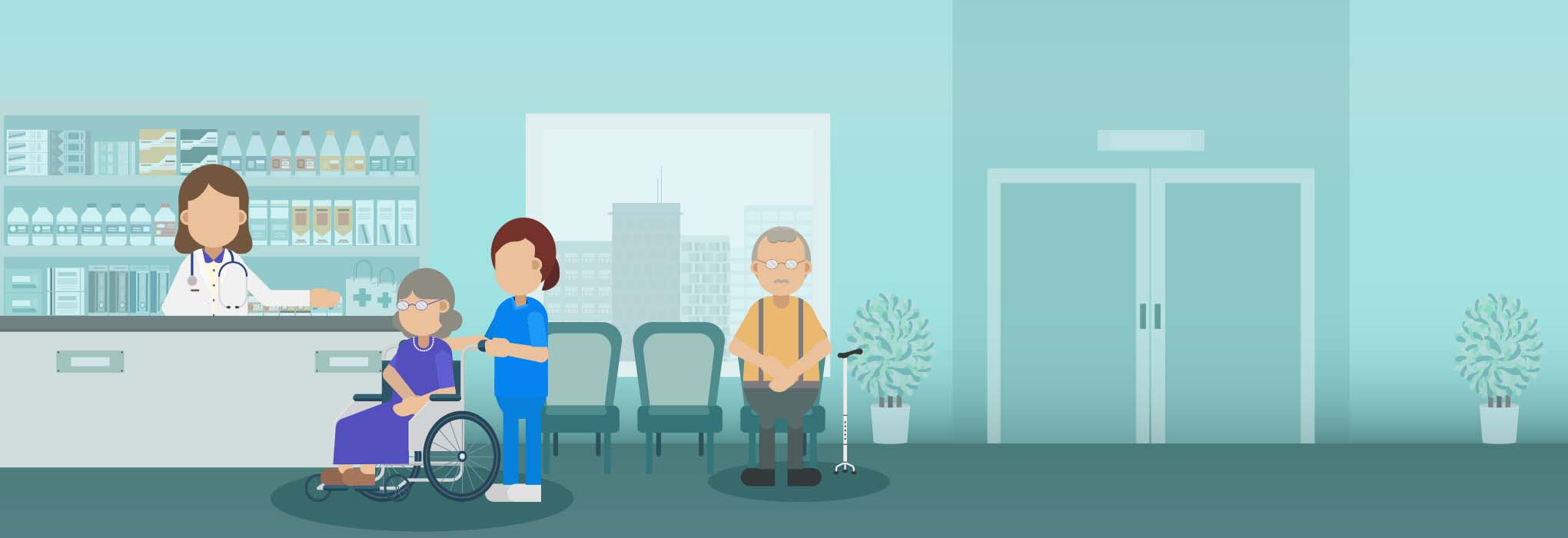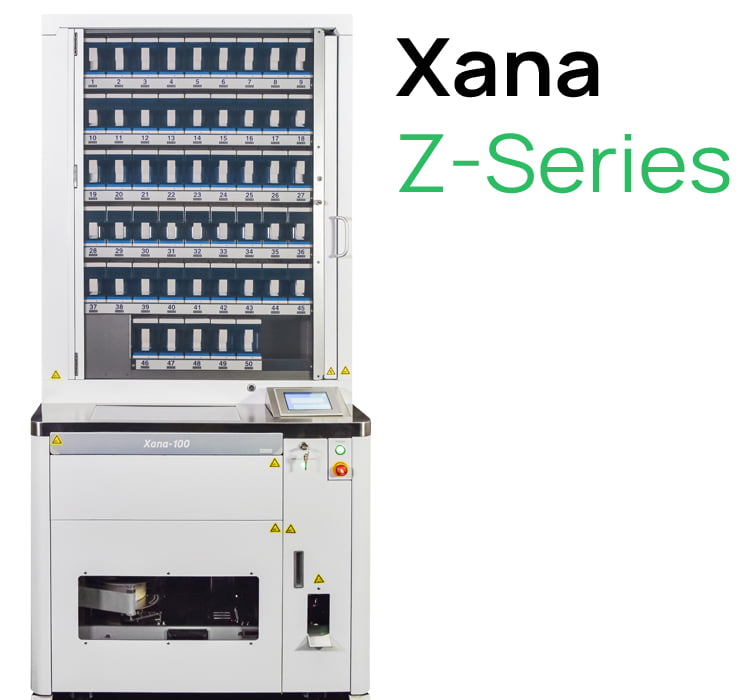Long-term care pharmacies serve assisted living facilities, nursing homes, rehabilitation facilities, and even correction facilities. They ensure that residents have the pharmaceuticals that they need to manage chronic conditions. Working with a long-term care pharmacy offers more than just patient prescriptions. Long-term care pharmacies can also provide LTC facilities with access to a highly trained pharmacist that specializes in long-term care populations. You’ll be able to offer consultations as well as medication administration management. LTC pharmacies are also available to respond to emergencies 24/7.
What Makes a Long-Term Care Pharmacy?
The main goal of a long-term care pharmacy is to make sure that patients receive the correct medications at the proper time. LTC pharmacies are not open to the public since their main focus is the long-term care facility. To be considered an official long-term care pharmacy, you’ll need to offer:
- Prescription processing
- Dispensing and delivery
- Medication administration and management
- Return, reuse, and disposal of medications
- 24/7 availability to respond to emergencies

Prescription Processing
Unlike retail pharmacies, long-term care pharmacies specialize in just one population: long-term care patients. They are well-acquainted with the chronic conditions and common needs of this population. Your pharmacy is also familiar with potential side effects and interactions that can occur with common medications prescribed to this population.
LTC pharmacists handle a large number of medications and monitor the needs of their patients. They also follow strict regulations when labeling and packaging medication to ensure that each patient receives the right medications.
Long-term care pharmacies ensure safety by providing an additional review of patient prescriptions. Pharmacists will clarify the medication orders if necessary, and respond to emergency medication orders. LTC pharmacists may also review prescriptions to determine if a generic medication can be substituted to save the patient money.
Dispensing and Delivery
Patients in LTC facilities often require a unit-dose or multi-dose regimen of medications taken throughout the day. Caregivers are required to prepare each dose and ensure that the correct medications are dispensed and delivered accurately. Long-term care pharmacies provide timely delivery of medication and can maintain emergency kits, interim kits, and floor stock. The LTC pharmacy works collaboratively with staff to ensure easy medication dispensing.
A long-term care pharmacy can make dispensing and delivery of medication much smoother and more efficient with strip pouch packaging. Automated packaging systems package each patient’s dose into a pouch. Each pouch is labeled with relevant patient information and can be customized to include the prescribing physician, medication, and dosing recommendations. Customization can also feature the patient’s info and a picture of the patient for improved safety and compliance. The rolled strips allow days or weeks’ worth of medication to be delivered for easy distribution by caregivers.
Medication Administration and Management
Long-term care pharmacists ensure that residents receive the appropriate medications. They perform monthly drug regimen reviews of each patient’s medication profile, looking for any potential drug interactions. This ensures a high standard of care since pharmacists may notice potential side effects or interactions that prescribing physicians may have missed. The LTC pharmacy will also perform quality assurance checks to maintain the highest standard of care.
Many long-term care pharmacies use medication detection machines to check and verify the medications that are being distributed to the patients. These fully automated machines add another layer of safety to medication management. This automation solution and software also keeps a record of all patients and pouches for accurate reporting.
Available For Emergencies
The residents in long-term care facilities are more likely to have a health emergency or need a prescription filled on short notice. Emergencies that require medications include a stroke, seizure, heart attack, or allergic reaction. LTC pharmacies are available to fill emergency prescriptions 24/7 to ensure that long-term care facilities have the medications they need.
Patient-specific emergency prescription orders often include antibiotics and controlled substance pain medications. LTC pharmacies have an emergency time delivery of approximately two to four hours.
The residents in long-term care facilities are more likely to have a health emergency or need a prescription filled on short notice. Emergencies that require medications include a stroke, seizure, heart attack, or allergic reaction. LTC pharmacies are available to fill emergency prescriptions 24/7 to ensure that long-term care facilities have the medications they need.
Patient-specific emergency prescription orders often include antibiotics and controlled substance pain medications. LTC pharmacies have an emergency time delivery of approximately two to four hours.
Medication Return, Reuse, and Disposal
State Medicaid programs encourage the return and reuse of unused prescriptions, except for controlled substances. LTC pharmacies are required to accept returned medications from nursing facilities, and credit unused doses back to Medicaid. An LTC pharmacy helps long-term care facilities legally and safely dispose of controlled and uncontrolled substances in accordance with procedures established by regional DEA offices.
Automated dispensing systems can make this process easier and more cost-effective for pharmacies since medications dispensed from an automated machine are uncontaminated and can be reused.
Long-Term Care Pharmacies Benefit LTC Facilities
Trusting a single LTC pharmacy to deliver and dispense medications can greatly improve the quality of care for residents in long-term care facilities. LTC pharmacies collaborate with physicians and staff to ensure quality care. Because the LTC pharmacists specialize in the population they are treating, they are attuned to the risks of potential side effects and drug interactions and can flag any patient chart that may need reevaluation. Your pharmacy provides improved efficiency, comprehensive medication care, and streamlined dispensing and compliance products like strip pouch packaging.
Automation Solutions from Noritsu
Many long-term care pharmacies use the latest in pharmacy automation to improve patient safety and compliance. For example, medication detection machines ensure the correct medication is packaged properly. Strip pouch packaging automation enables caregivers to easily administer the correct dose to patients at the right time of day.
If you’re wondering what solutions are right for your LTC pharmacy, let Noritsu help. We offer workflow analysis to determine where you can improve efficiencies. Working together, we will offer you multiple levels of technology to increase productivity and free up valuable staff time by automating tedious tasks like prescription checking and pill cutting. Our reliable machines and software can integrate seamlessly into your current solutions, so you can find the solutions that make the most financial and logistical sense.






